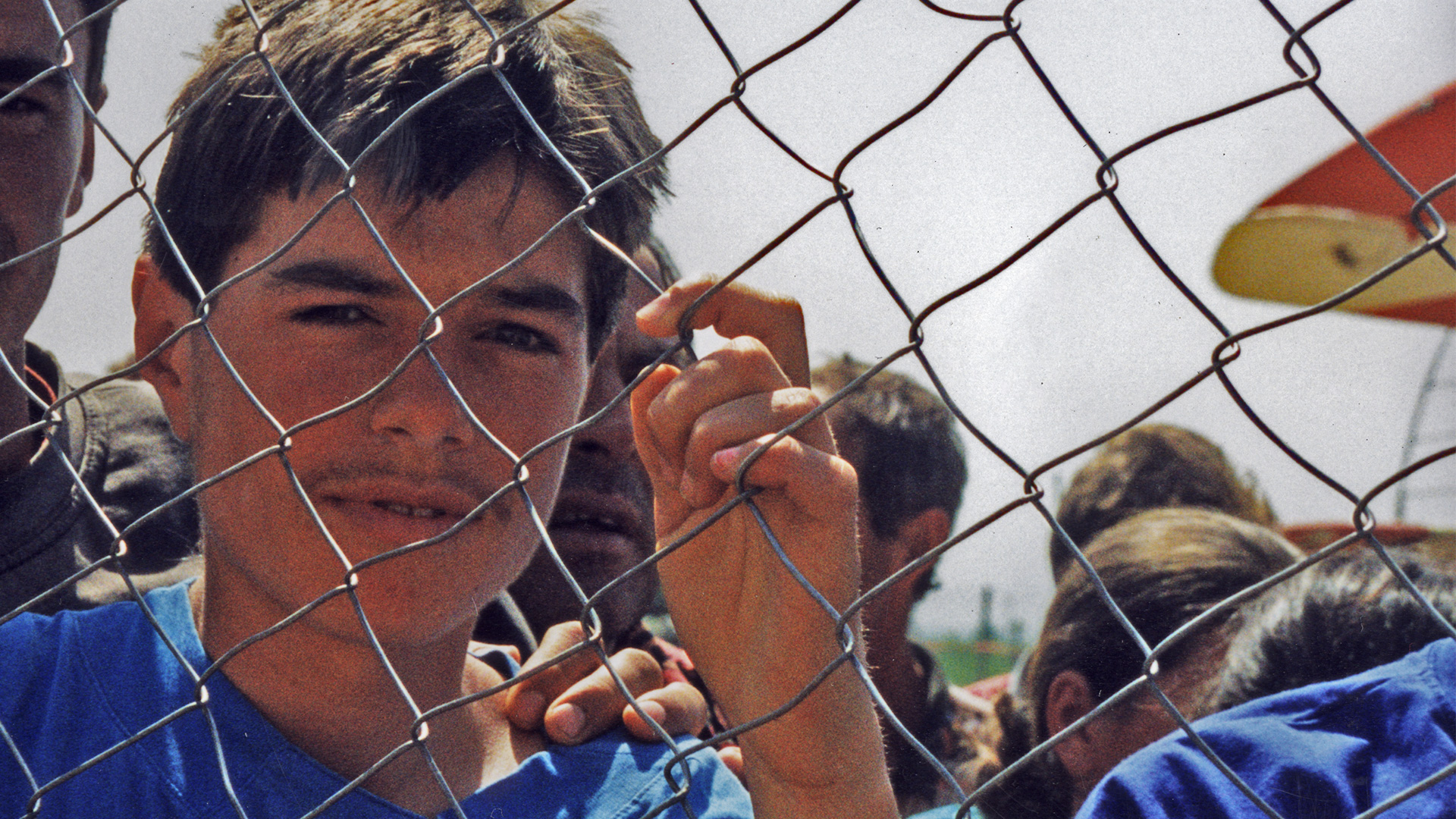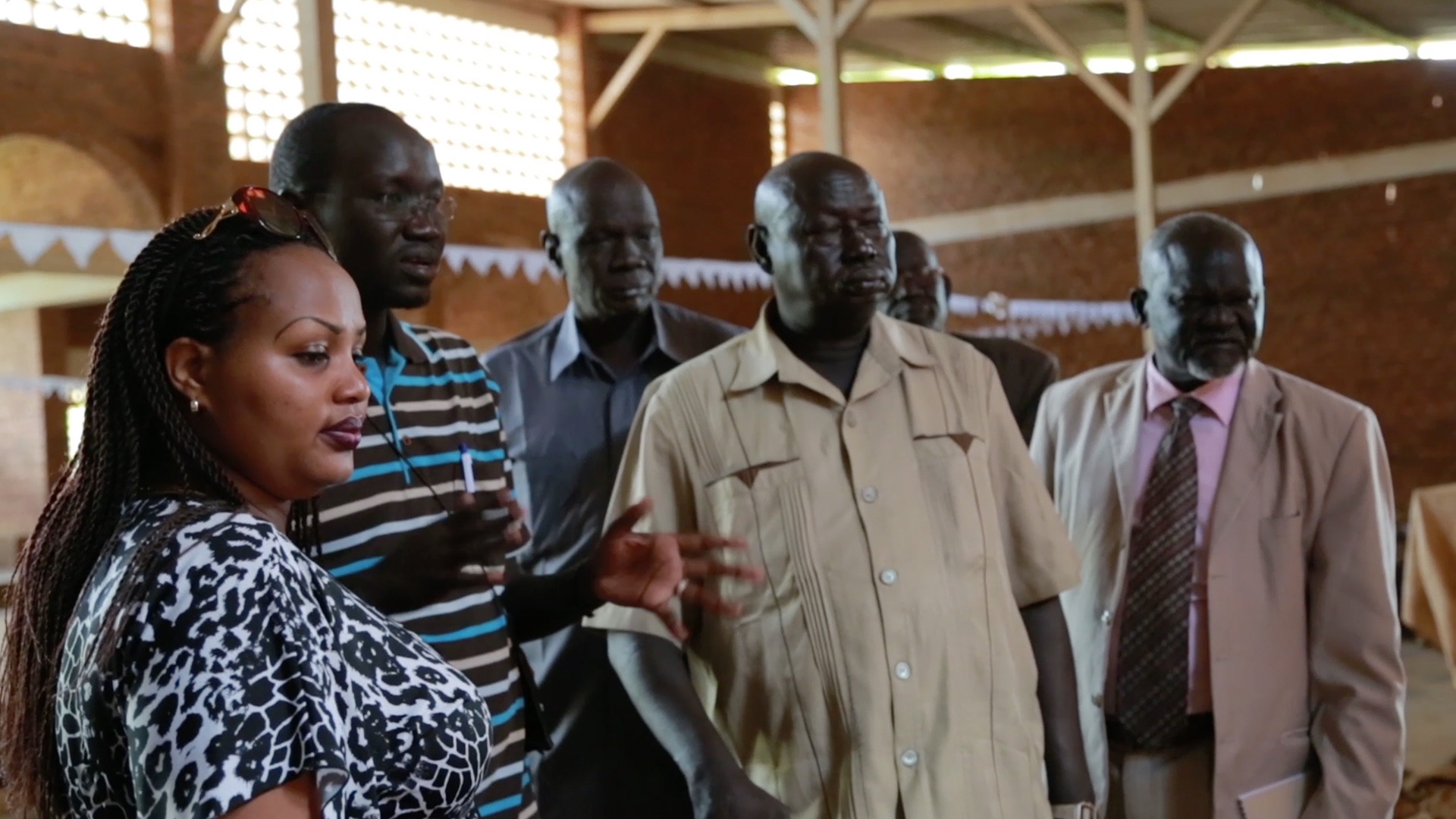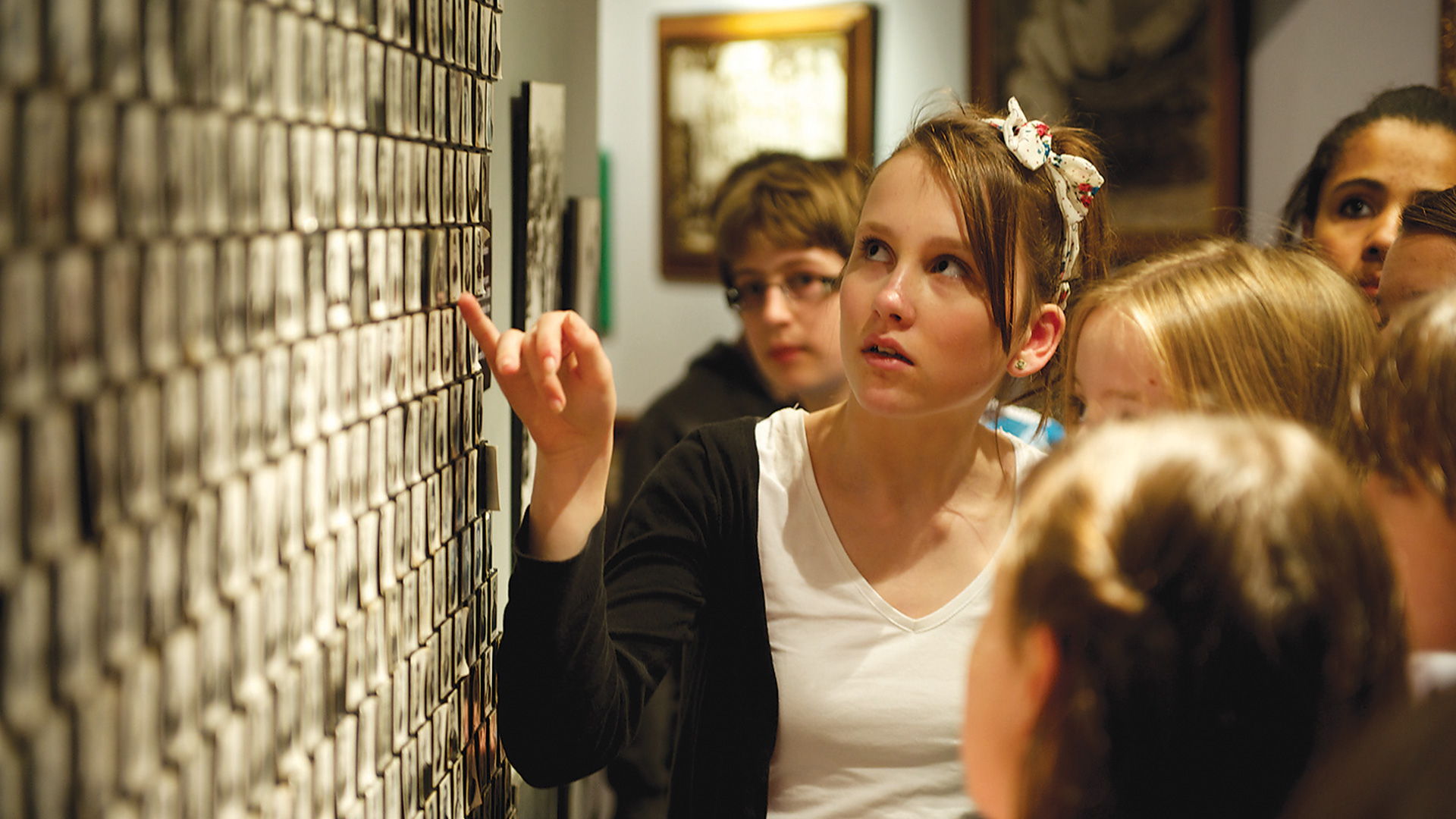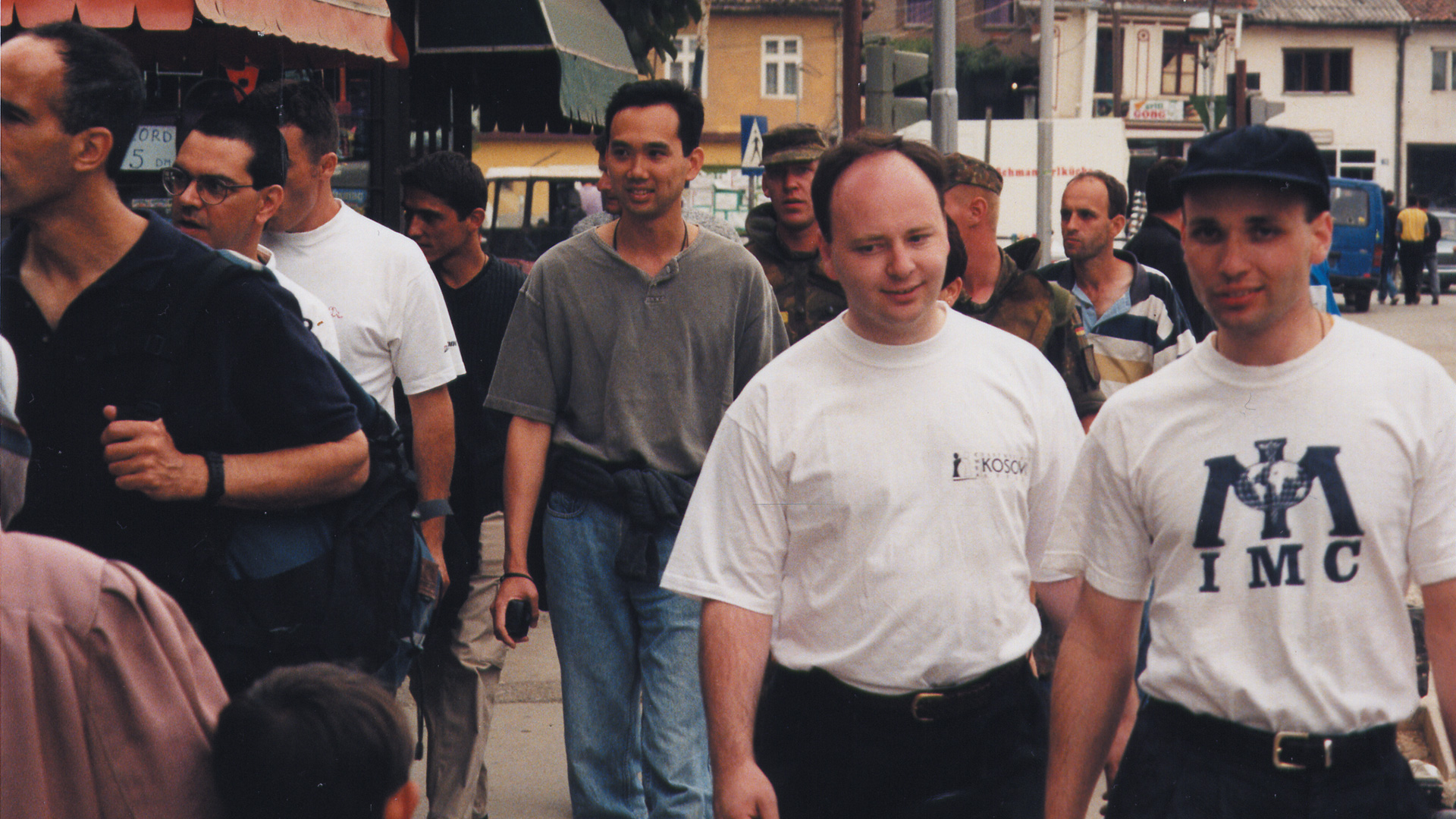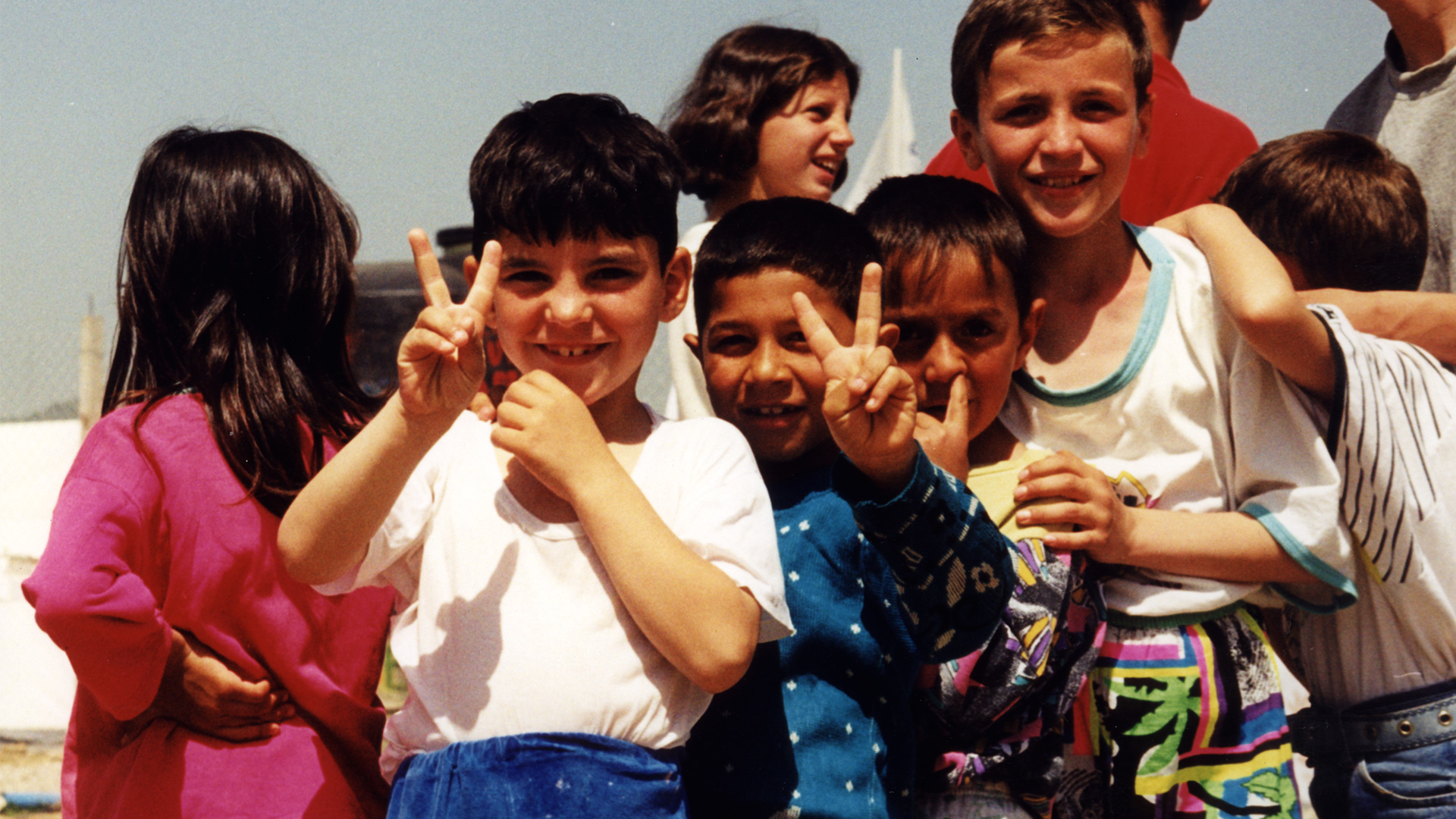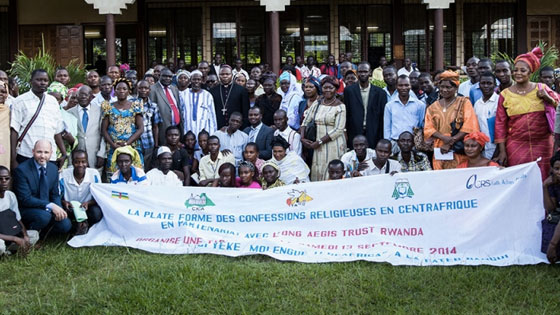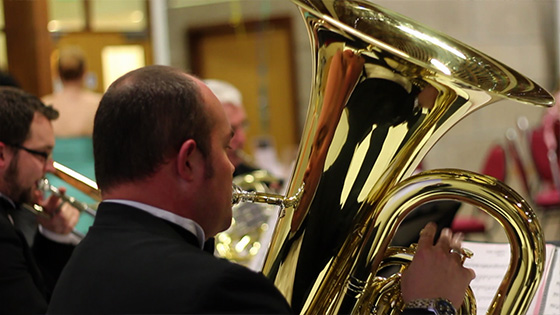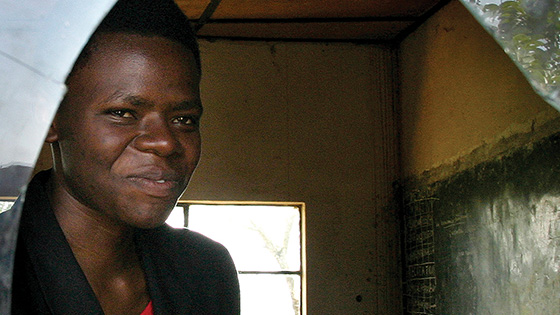Our mission & values
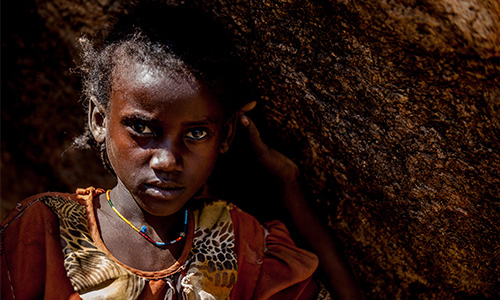
Genocide tears apart families, communities and societies. It takes decades of reconciliation, peace- building and support to repair the damage done, and constant vigilance to ensure it does not happen again.
The Aegis Trust has a clear mission – to work towards the prediction, prevention and ultimate elimination of genocide. We do this primarily through research, education and the dissemination of information and advice.
Our vision is of a world without genocide or mass atrocities.
We aim to make our vision a reality by:
- Helping survivors to rebuild their lives
- Honouring the memory of victims of genocide
- Building long-term peace in post-genocide societies
- Documenting the experiences of survivors, perpetrators and rescuers
- Confronting the prejudice and beliefs that lead to genocide
- Providing evidence-based policy advice to decision-makers
- Conducting research in places where genocide is a threat
- Making the voices of those at risk heard
- Our genocide prevention model has three phases.
Origins
The Aegis Prevention Model
Aegis treats genocide as a public health issue with three phases:
Phase One: Primary Prevention
Research, remembrance and learning about the past, creating community resilience against the risk of genocide in the future
Phase Two: Secondary Prevention
Evidence-based campaigns to stop mass atrocities in the present
Phase Three: Tertiary prevention
Supporting survivors and communities to rebuild when genocide is past

More than 60% of the population of Rwanda was born after the genocide in 1994. They feel its effects, but have little knowledge of what caused it to happen.
Since 2008, Aegis’ peace-building education programme has reached many thousands of young Rwandans. Independent analysis shows it is changing attitudes and behaviour among students and their communities.
Developed by Aegis in conjunction with Rwanda’s Ministry of Education, a new mobile version of this programme launched in May 2013. The programme exhibition, Peace-building after Genocide, tells the amazing stories of Rwandans who stood against genocide and have worked to build peace in their communities, inspiring others to do the same.
Aegis is delivering the peace education programme in collaboration with partners who bring an exciting wealth of experience to the task. They include Rwanda’s Institute of Research and Dialogue for Peace (IRDP), the USC Shoah Foundation – which has incorporated Rwandan elements into its IWitness interactive educational platform – and Radio La Benevolencija, whose soap opera, Musekewaya‚ is listened to by around 90% of Rwanda’s population. Supporting partners also include the Rwanda Development Board (RDB), the Netherlands Institute for Genocide and Holocaust Studies (NIOD) and the University of Texas Libraries (UTL).

Genocide prevention sometimes means responding to situations where people are facing a significant, immediate threat of violence. Potential victims of genocide are at greatest risk when their safety is seen as outside the interests of decision-makers who could help protect them. This risk is heightened when citizens are unaware of the dangers faced by their fellow human beings, and therefore unable to put pressure on decision-makers to take action.
This is where Aegis’ advocacy work comes in. Aegis conducts research on mass atrocity situations to formulate evidence-based advice for policy-makers, raises awareness in the media and develops targeted campaigns to achieve changes in policy and law.

Everything stops when genocide happens. Children’s education is stunted, economies collapse and healthcare facilities decline rapidly. Families and communities are fractured, taking generations to repair.
When Aegis was developing the Kigali Genocide Memorial, the team interviewed over 2,000 people and quickly realised that despite strong growth in Rwanda since 1994, significant numbers of those most affected by the genocide could not meet basic needs.
Face to face with the emotional, financial and health challenges experienced by these survivors, Aegis staff felt compelled to help. What started with staff members donating to assist survivors in difficult circumstances has since been formalized with the Rebuilding Lives programme. Through it, Aegis aims to bridge the gap for those most in need and care for those who inspire us in our fight against genocide.
Rebuilding Lives provides access to counselling and medical care, particularly for those deliberately infected by HIV through rape. It helps with practical needs, such as a monthly allowance for basic living costs and housing renovations. It provides training and work experience for orphan heads of households and other young Rwandans through Aegis Trust’s Social Enterprises. And it offers assistance with educational costs such as books, uniforms and tuition fees.
“If we can eradicate smallpox, put men on the moon and decipher the human genome, surely we can learn to stop killing each other.”
Dr James Smith
Founder & CEO, Aegis Trust

